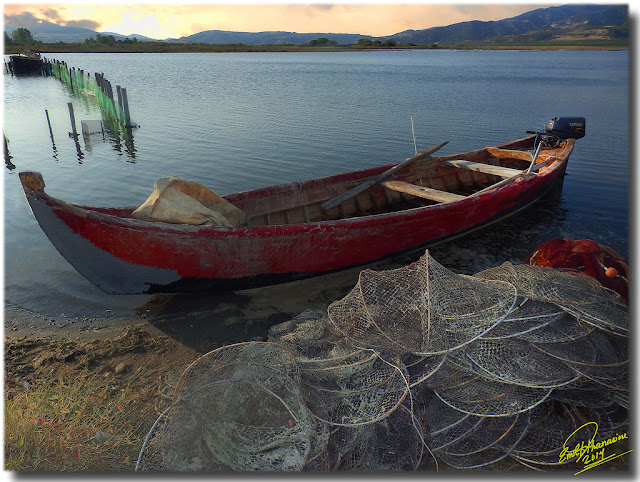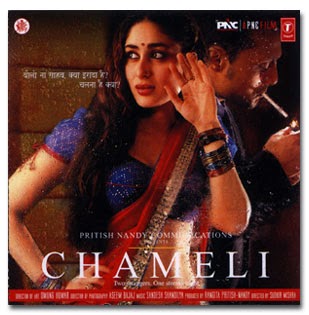The Aquaculture Sailor
His ship sailed for days bringing in the shellfish and the fish he had cultivated. He hoped to meet his family at home after months and years of fighting with protesting environmentalists who did not wish to acknowledge him, all the while being threatened by the big goons of the agricultural industry. He knew it was a miracle that he had survived out at sea for the past month, all the while being scarcely connected to his family. Technology had changed everything and he prayed to the deep sea Gods of all religions in gratitude.
His family was a small one, his wife, his infant child and his authoritarian senile mother. Living at the tall lighthouse by the sea, waiting and hiding at the coast for his return. He imagined his wife singing songs to the waves and the seaweeds and moss that had started to grow on the rocks along the port, hoping that her husband would come back soon and they could be safe somehow. He imagined the grandmother teaching her grandson to row the boat, every time the sky was clear and the child could no longer pretend that he was interested in studying. Arapata was aware that his family was unique and went against every ocean tide in the most literal sense of the phrase. There were the secret few who envied them but said nothing because they wanted to show a sense of support to the family and understood some amount of the environmental good this experiment could do.
The only person Arapata was afraid of was the gold-laden funder, who wished to remain anonymous while Arapata and his family suffered the angry slogans of deep-sea farming and being greedy. The anonymous financier was one of those people, who could buy an entire city by the wink of an eyelid and just as easily wipe out the population of that city if they so desired. Slippery, the moss and the convincing that allowed the continuation of his experiment. So long as he brought in enough fish to sell, he was safe, and his family would be safe too.
This night, however, the cyclones had affected much of the produce that he had managed to cultivate and Arapata was late. Late like the Atlantians, experimental and thrown out into the sea. The piles of floating plastic and chemicals reminded him that he was nearing his hometown. Expert navigation to row through the rubbish with fewer fish than the sea. The petrol on his boat would last till he reached home, but not if there was even the slightest mishap. It would be worse if he would end up in another city, all because the floating garbage traced similar pathways to every beam of rock and light.
On days when his crew was tired, he pretended to be Odysseus, journeying across the sea by himself in search of Circe's gifts. Then there were days where he knew well enough that the little human interaction the men did amongst themselves kept him sane for days and years. Silence and the crashing of the waves against the water matched the rhythm of his breath. Gentle and smooth, filled with immense clutter and clog.
That night when his men and he feasted on the last of their ration, they could see the glimmer of the lighthouse he called home. The pace of the wave increased and he stretched his eye landward, hoping to see his waiting wife and son at the port. His ship neared land and he flipped over a bucket of fish the way that he always did, to feed the coastal marine life, as a sense of payment and gratitude.
The men silently walked away, heads bent, hiding their faces from the gleaming beams of the lighthouse, ignoring each other as they parted ways, timidly scuttling away onto the land that finally found them. The port was silent, except for the panting of the fish being carried into the trucks and the crashing of the waves ringing in their ears, like reminders of the journey they had come away from.
Arapata watched his men slither away on trucks further onto firm land. He walked over to his locked door, not noticing the lack of light from the entrance to the lighthouse. He knocked and knocked and heard only the echo spiral heavenwards. Perhaps the women and child had not expected him to return just yet and made their way to find food in the nearby restaurants. Arapata fiddled inside his pocket and found his cold wet keys, creaking the door opened to the familiar smell of moss mixed with stale cooking. He turned on the lights to notice his sons wrist hanging from the stairs of the lighthouse, dried blood no longer dripping. It was inevitable, wasn't it? His mother's body greeted his next step and his wife was as he expected, missing. The roar of the sea came through his mouth and he could not blame anyone but himself for his stupidity. Wailing would not help. It was the end of the journey.


Comments
Post a Comment